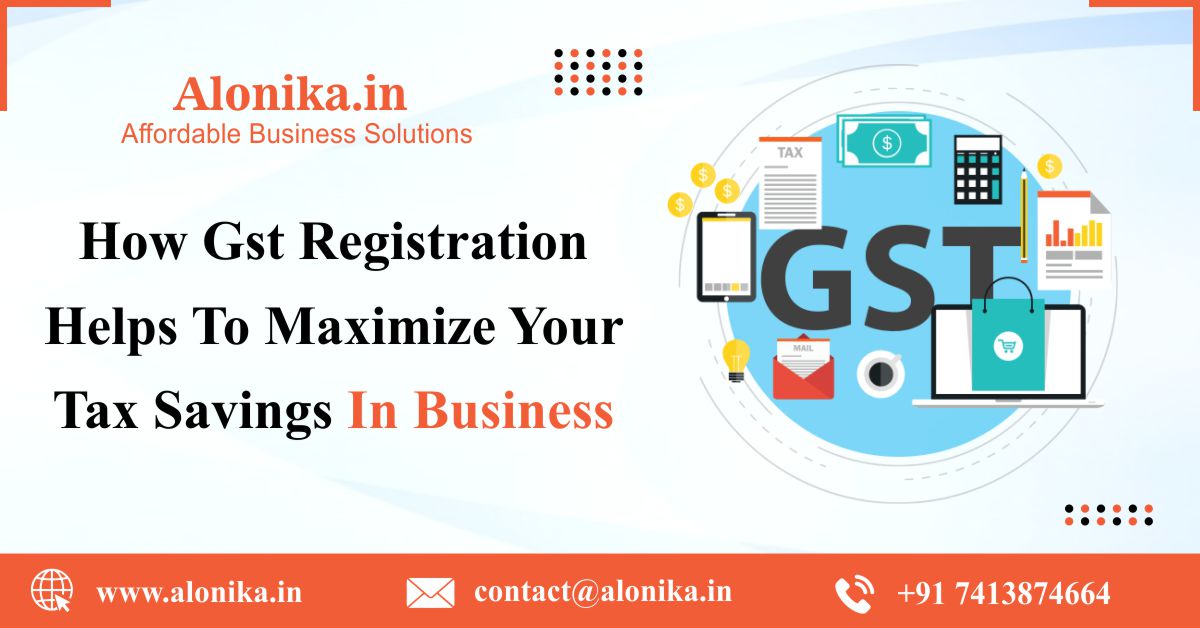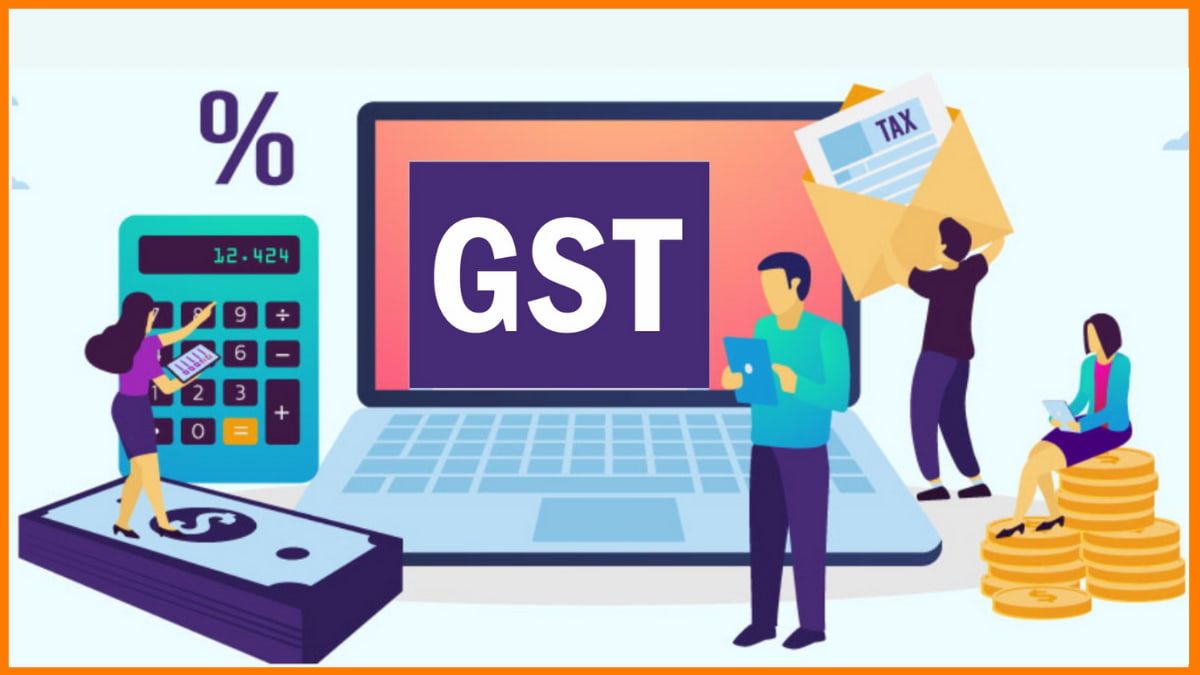Leading Tips for a Smooth Singapore GST Registration Experience
The Ultimate Overview to Simplifying the GST Registration Refine and Needs for Small Company Owners

Understanding GST Fundamentals
To understand the fundamentals of the Goods and Services Tax Obligation (GST) system, small company proprietors should initially comprehend its underlying ramifications and principles. GST is a value-added tax levied on many goods and services for residential intake. It intends to streamline the taxation procedure by changing numerous indirect taxes imposed by the state and central federal governments. Under the GST routine, companies are required to sign up and collect tax obligation in behalf of the government, making certain openness and conformity.
Among the key principles of GST is input tax obligation credit scores, which permits businesses to claim credit scores for tax obligations paid on their purchases. This system stops the cascading effect of taxes and promotes performance in the tax system. In addition, GST is a destination-based tax, implying that the tax is imposed at the point of intake as opposed to the point of origin. This guarantees fair distribution of tax revenue amongst states based upon where the services or products are eaten. Understanding these fundamental principles is critical for small company proprietors to browse the intricacies of the GST system and guarantee conformity with the legislation.
Eligibility Criteria for Registration
Having established a fundamental understanding of GST principles, local business owners should currently fulfill certain eligibility criteria to continue with the enrollment process. In India, entities engaged in the supply of goods or solutions with a yearly accumulation turnover going beyond Rs. 40 lakhs (Rs. 10 lakhs for special group states) are called for to register for GST. In addition, particular businesses such as those involved in inter-state supply of items, informal taxable individuals, and those called for to pay tax obligation under the reverse cost system should sign up for GST irrespective of their turn over. In addition, companies that were registered under the previous tax regime (VAT, service tax obligation, and so on) are also mandated to sign up under GST. However, farming businesses that only supply generate out of key production are excluded from GST enrollment. It is important for entrepreneur to carefully assess their qualification based on these standards to guarantee compliance with the legislation and prevent any type of fines for non-compliance.
Papers Needed for GST Enrollment

Simplified Enrollment Refine Actions
Complying with the collection and verification of the requisite files, the registration process for GST can be navigated through a collection of streamlined steps created to promote effective compliance for little service owners. Upon effective confirmation, an Application Referral Number (ARN) is issued, suggesting the conclusion read more of the GST registration procedure. By complying with these streamlined actions, tiny business owners can effectively register for GST and guarantee conformity with tax obligation policies.
Tips for Ensuring Compliance
To preserve regulative adherence and operational stability, diligent oversight and aggressive procedures are essential in guaranteeing compliance with GST demands for small company proprietors. Small company proprietors should stay updated with GST policies, filing due dates, and any kind of adjustments in tax obligation rates to avoid penalties and preserve a good standing with tax more info here authorities. One vital tip for compliance is to keep in-depth and exact records of all deals, including receipts, invoices, and costs connected to GST. On a regular basis fixing up economic documents with GST returns can help in identifying and fixing any disparities without delay. Furthermore, carrying out periodic internal audits or looking for professional aid can ensure that business is complying with all GST rules correctly. It is additionally important for little business owners to spend in GST-compliant audit software that can streamline the tax declaring procedure and reduce errors. Participating in GST recognition workshops or training programs can improve understanding and compliance with GST policies, ultimately profiting the company in the lengthy run.
Verdict
To conclude, small company proprietors must understand the basics of GST, satisfy the eligibility standards, gather required files, and adhere to the streamlined registration procedure actions to make certain conformity. By streamlining the GST enrollment procedure and demands, small company owners can stay clear of penalties and run their services smoothly within the legal framework - Singapore GST Registration. It is vital for local business proprietors to remain certified and informed with GST regulations to maintain an effective company operation
Tiny company owners looking for GST enrollment should ensure they collect and submit the essential papers to complete the enrollment process successfully. The files needed for GST registration usually include evidence of company enrollment or consolidation, PAN (Long-term Account Number) card of the business entity, identification and address proof of the promoters/partners/directors, pictures, address proof of the location of business, financial institution account statements or canceled cheques, and authorization types. Attending GST understanding workshops or training programs can boost understanding and compliance with GST policies, inevitably benefiting the service in the lengthy run.
By simplifying the GST registration process and needs, small company proprietors can investigate this site prevent fines and operate their services efficiently within the legal structure. It is crucial for little business proprietors to stay educated and compliant with GST policies to maintain an effective business procedure.